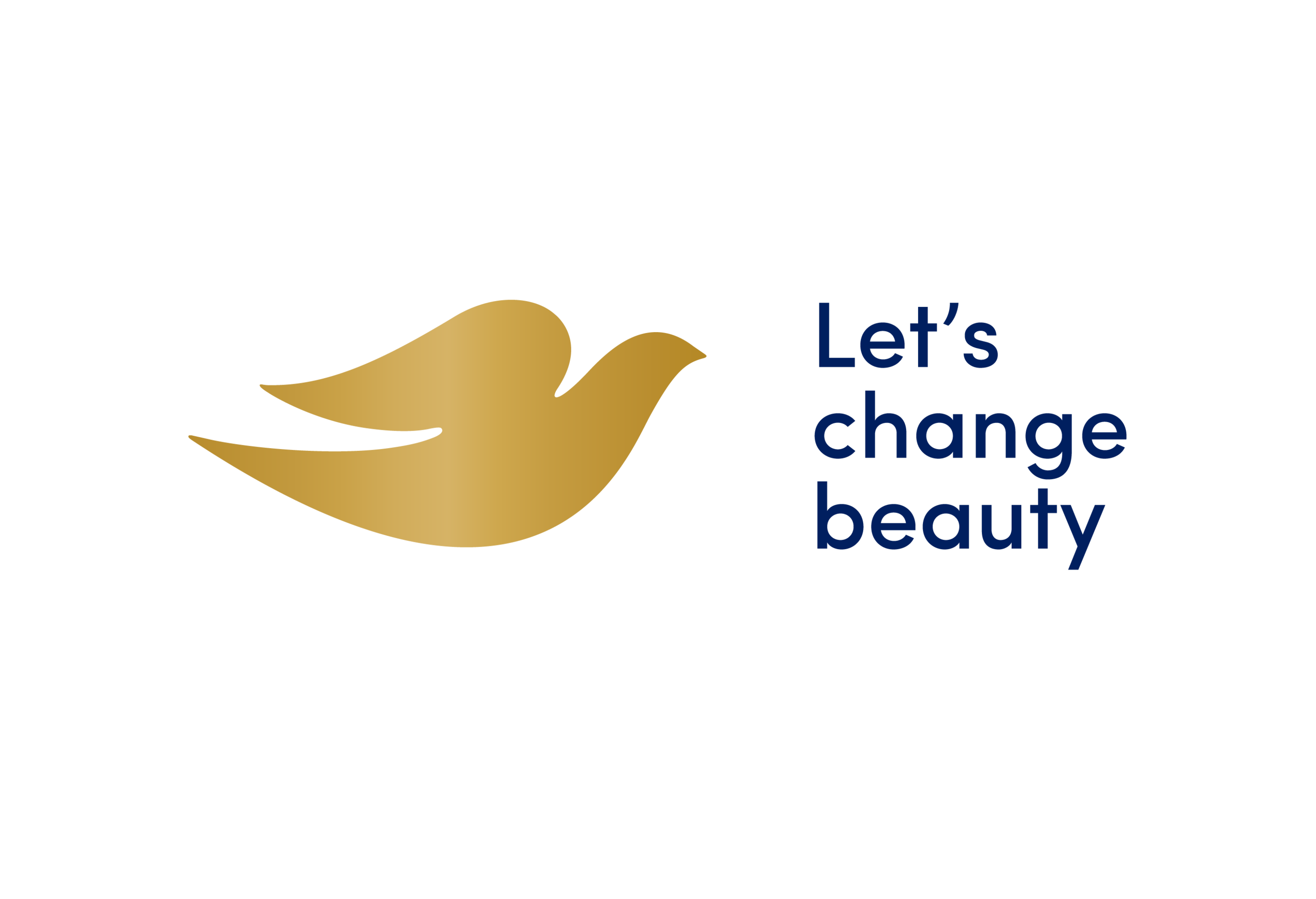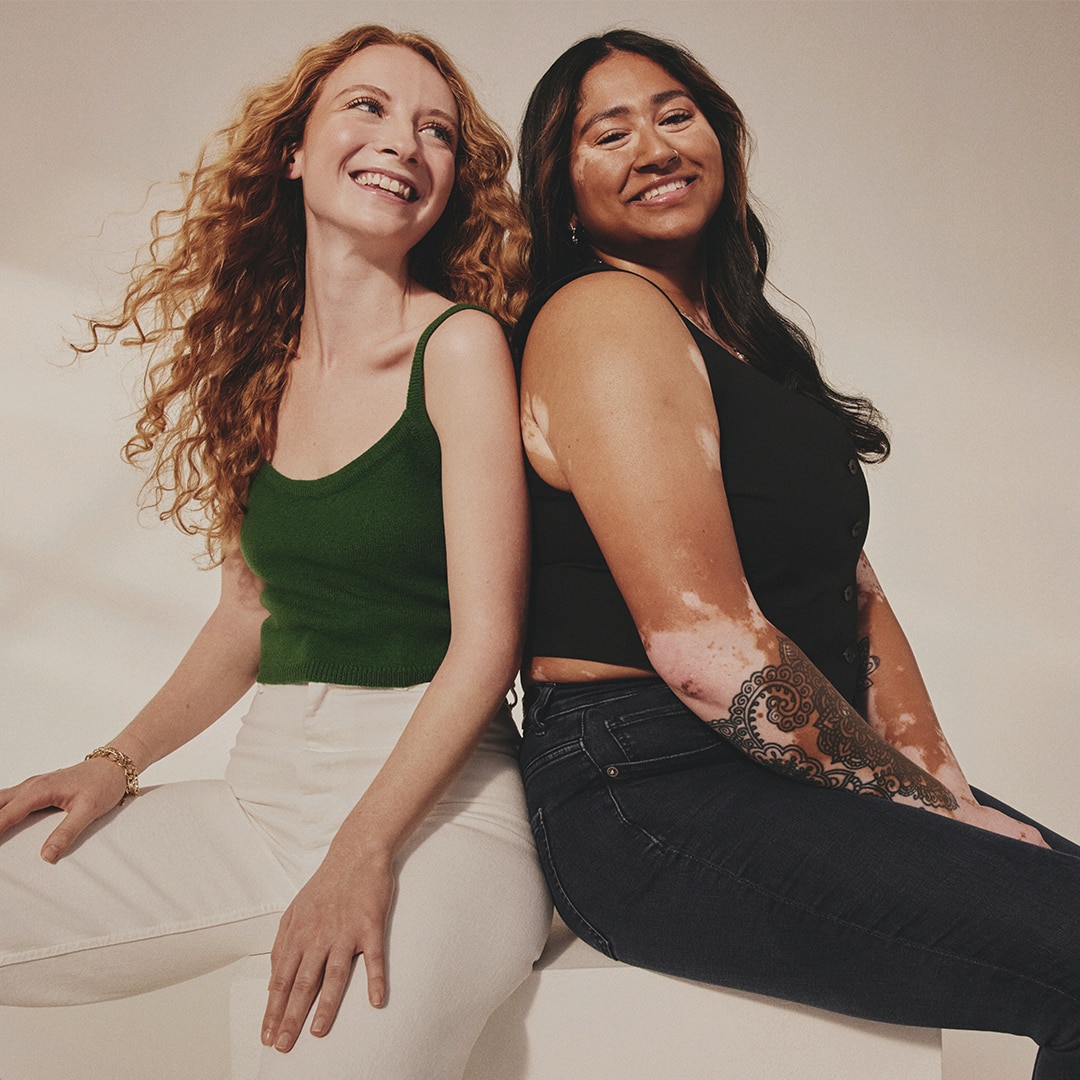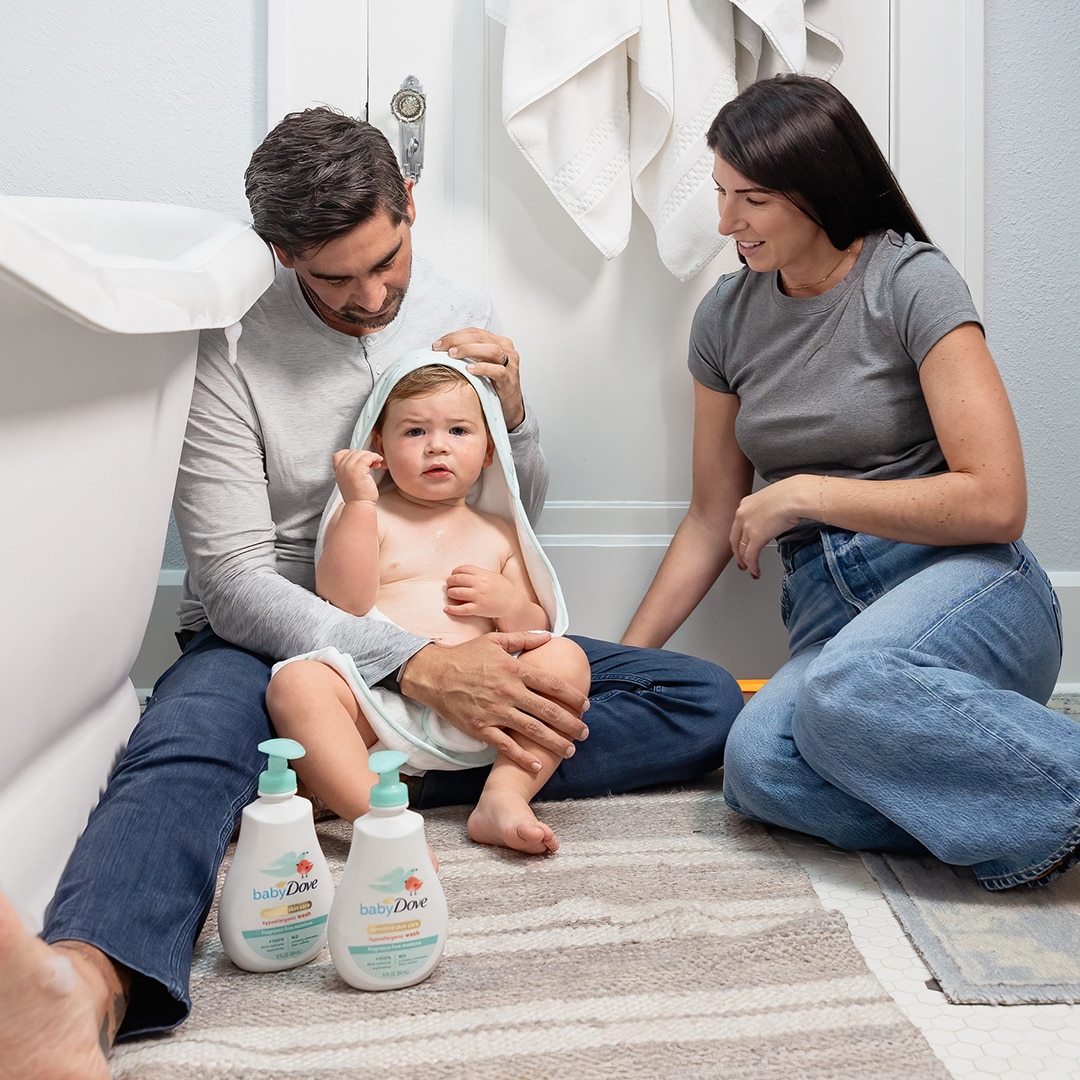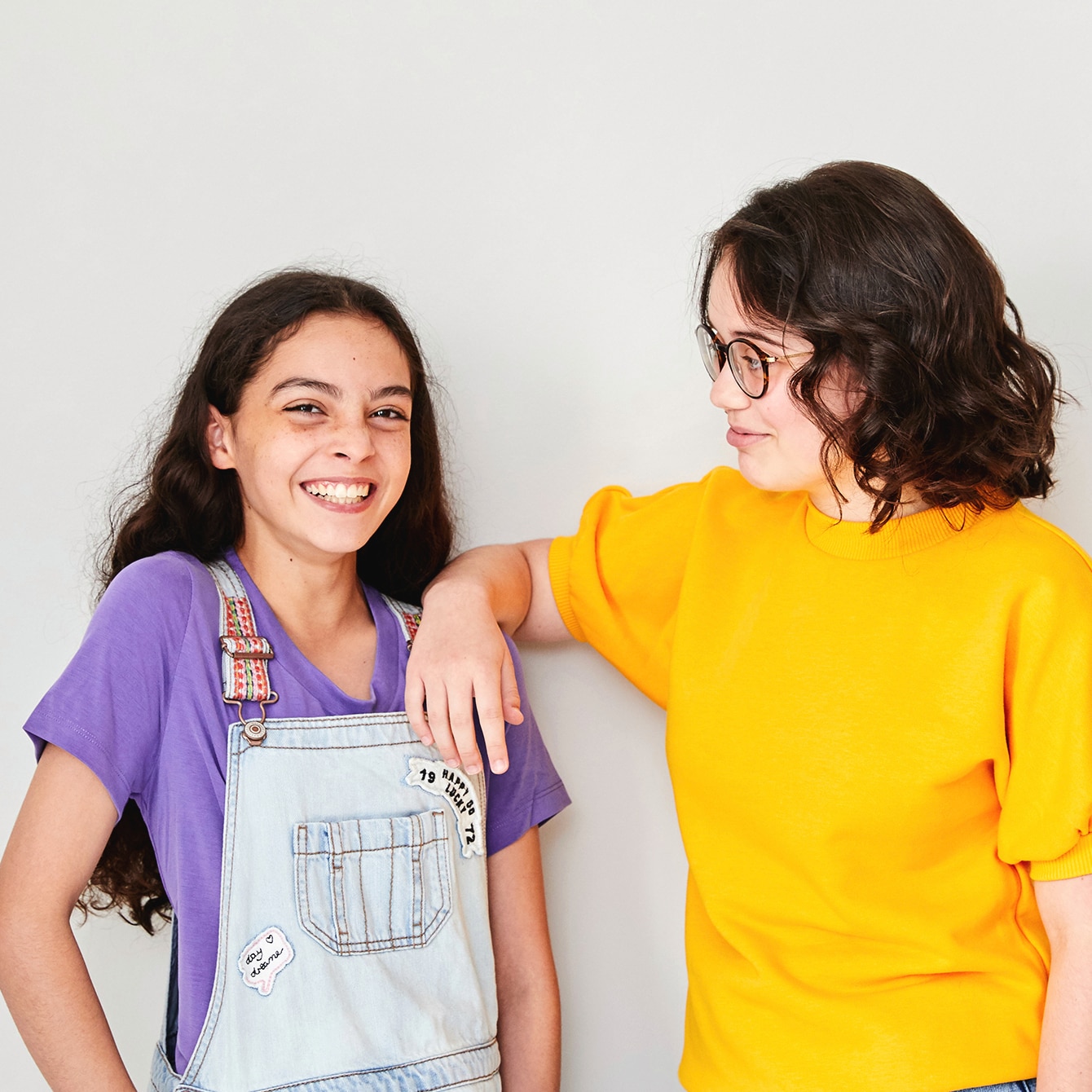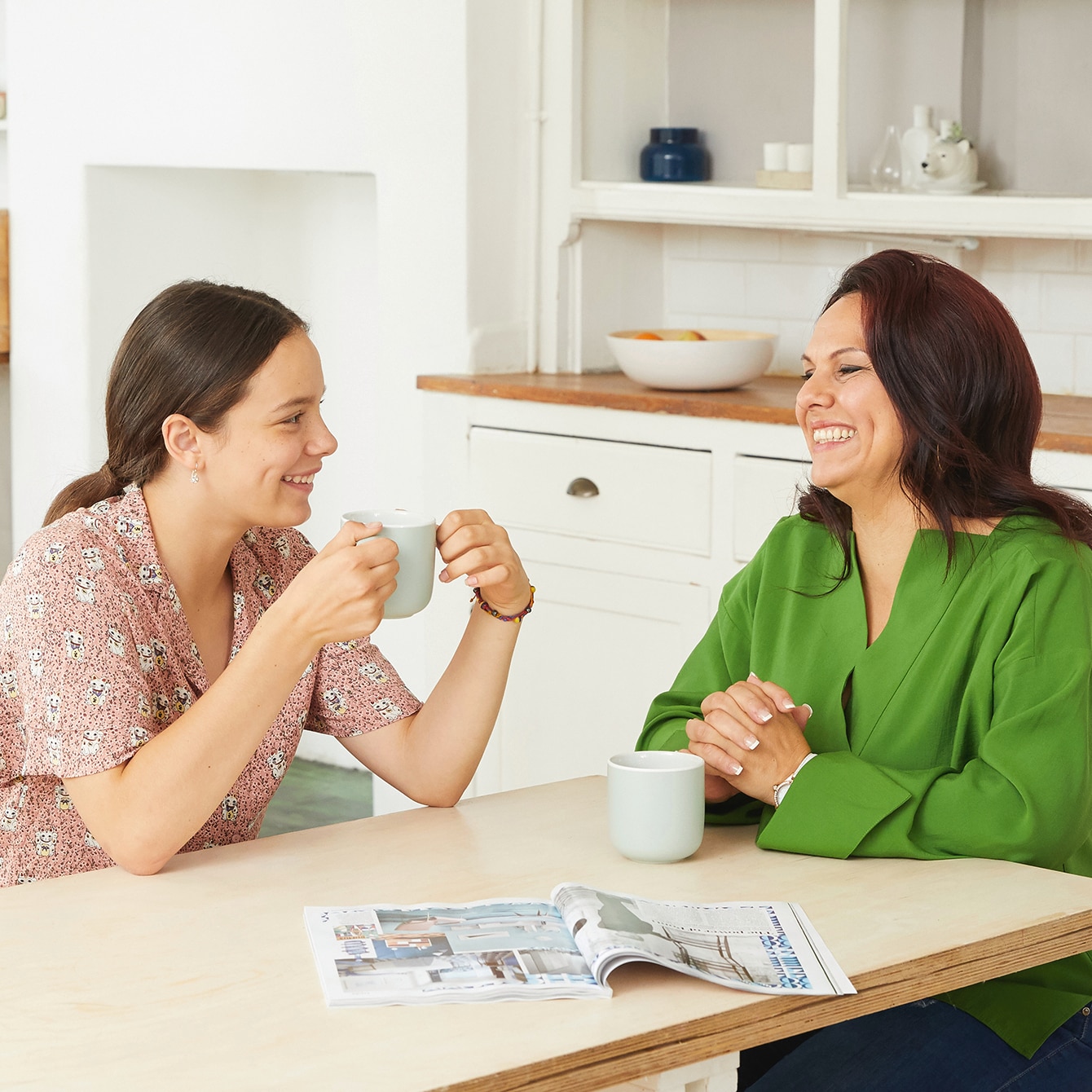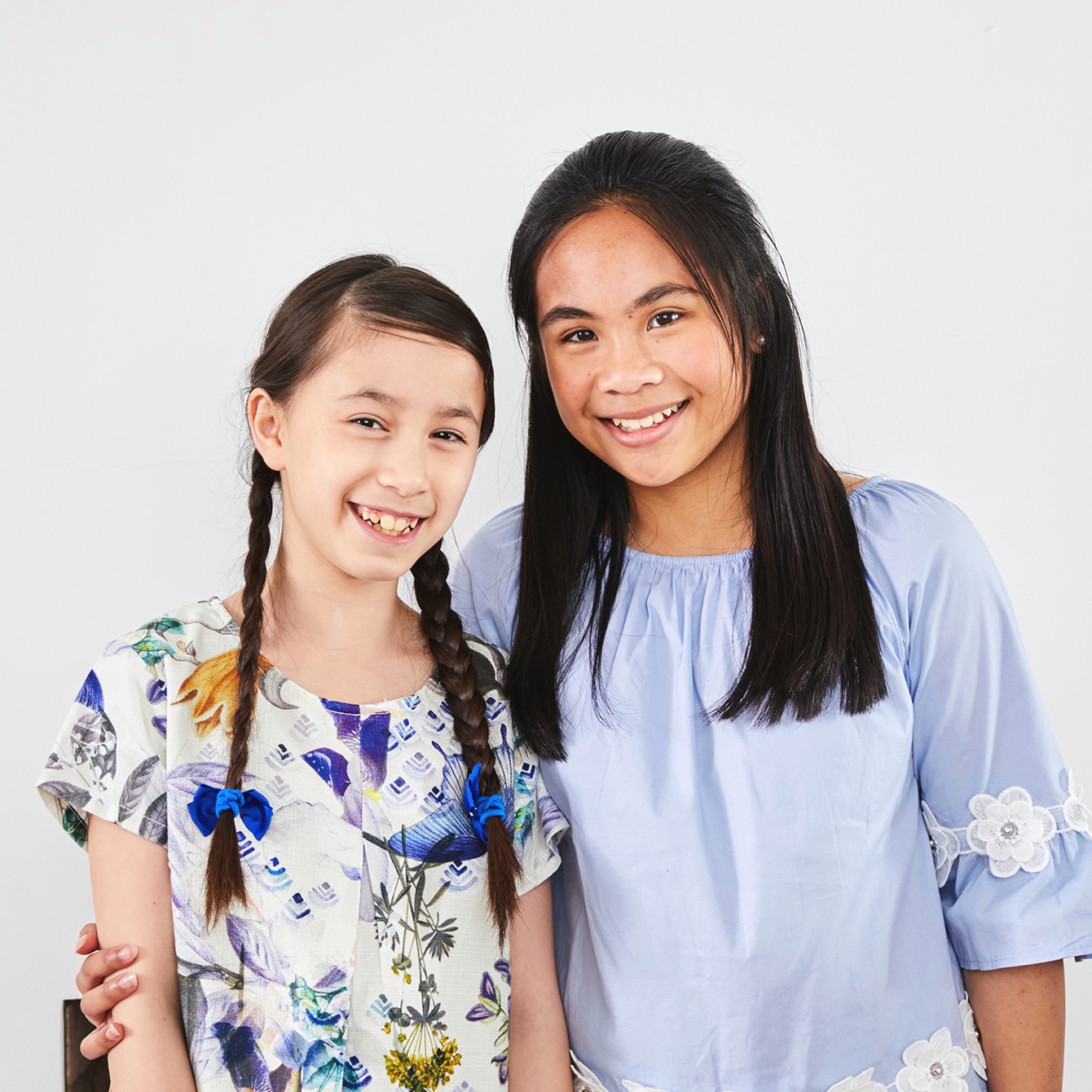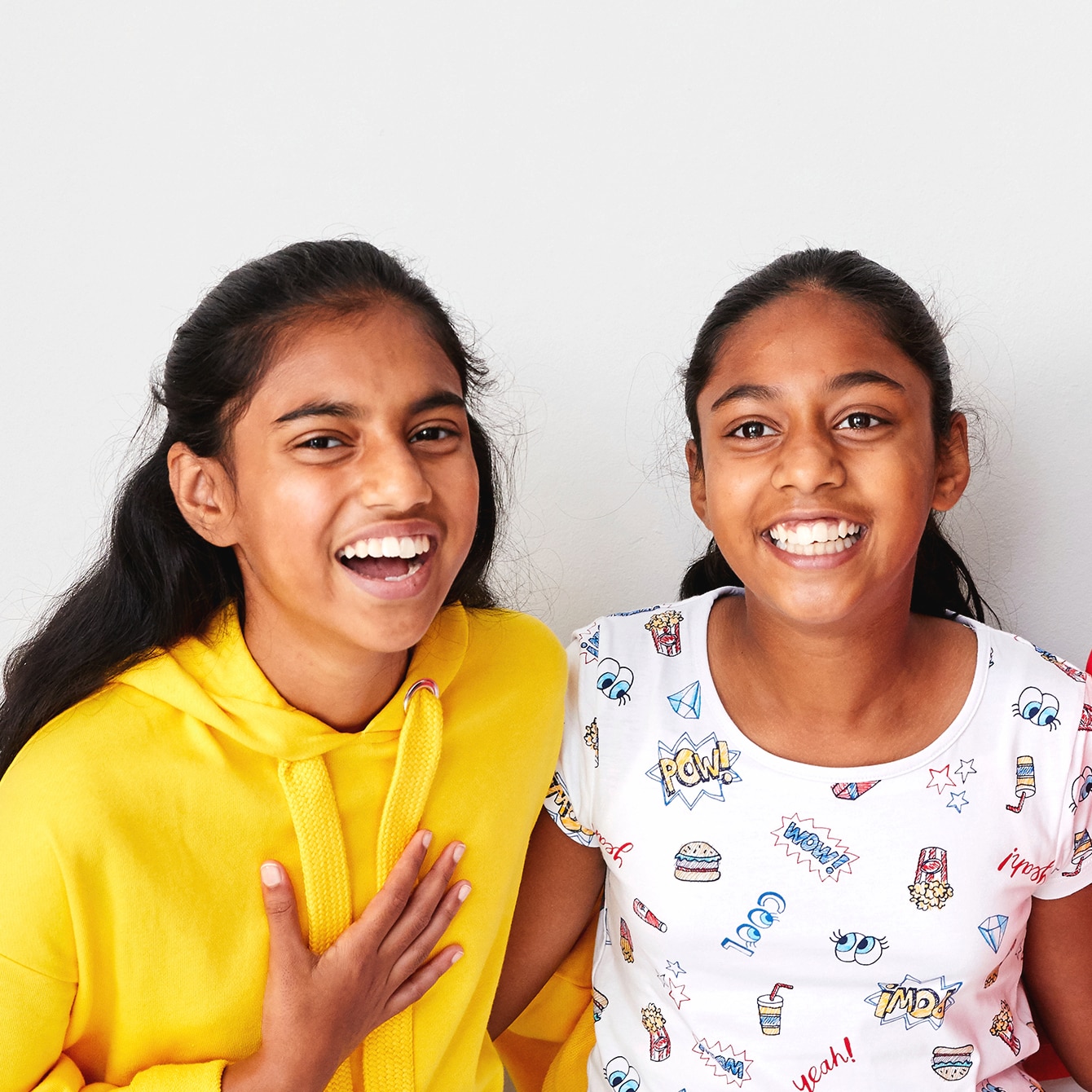In today’s social media world, many young people are living their lives in full view of an online audience. For those from a different generation, the idea of ‘checking in’ or sharing a selfie to let people know where you are and what you’re up to might seem bizarre. But for young people today, getting ‘likes’ on photos, posts, or comments in the virtual world can bring a powerful sense of accomplishment and community acceptance.
But could this constant search for validation trigger negative thoughts about body image? Can the endless comparison with other people’s photos online cause young people feel dissatisfied with their own looks? Here’s how to help your child maintain a positive body image while using social media.
The impact of social media on body image
A study conducted by Florida State University and published by the International Journal of Eating Disorders found that a group of women who were asked to browse Facebook for 20 minutes experienced greater body dissatisfaction than those who spent 20 minutes browsing the web.
“While social media is not the cause of low self-esteem, it has all the right elements to contribute to it. Social media creates an environment where disordered thoughts and behaviors really thrive.” – Claire Mysko, award-winning author and expert on body image
For young people with a tendency towards perfectionism, anxiety, or disordered eating, the (often digitally enhanced) images of others that they see online can lead them to equate certain body shapes with happiness. Validation via comments on their photos (“You look great!” or “Have you lost weight?”) can falsely fulfill their need for acceptance, and cause low body confidence, too.
Mysko warns that, while social media gives young people the feedback and validation they crave, it can also “serve as a catalyst for more insecurity.”
How can parents help with young people’s body image issues?
It’s important that parents understand and embrace how social media affects young people, because it’s one of the main ways young people communicate today. Johanna Kandel, founder of The Alliance for Eating Disorders Awareness, stresses the value of having two-way discussions with your child about social media use. “Having these types of conversations is an opportunity to teach your daughter how to build her self-worth from the inside out,” she says.
Her advice is not to judge your child but instead ask questions about the impact social media has on them. How does it feel when someone likes your post? Why does it feel important to stay connected to your friends online? How many times a day do you compare yourself to someone else? Have you ever felt worse about yourself after scrolling on social media? This kind of empowered awareness can help inform their choices.
The impact of social media on young people doesn’t have to be negative. While acknowledging its downsides, Kandel believes social media can also be a positive and inspiring space for young people. “You can help them harness that perspective, too, by encouraging them to post inspirational quotes or uplifting messages,” she suggests. “This may not only feel empowering for them, but it can also help inspire their friends.”
